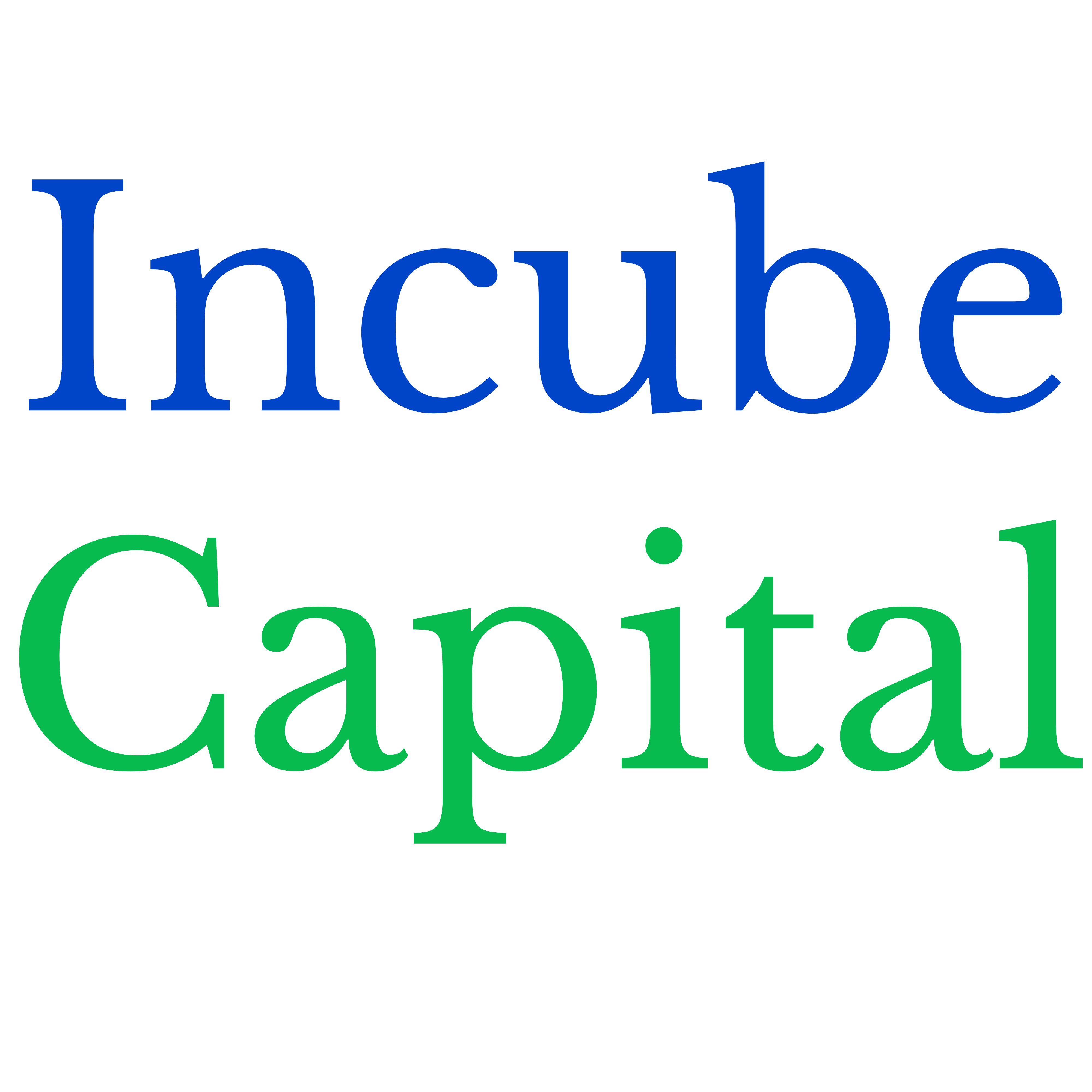- Home
- Know Us
- Our Services
- Products
- Non Life Insurance
- Loans


Latest articles on Life Insurance, Non-life Insurance, Mutual Funds, Bonds, Small Saving Schemes and Personal Finance to help you make well-informed money decisions.
While the concept of individuals coming together to invest money collectively is not new, the mutual fund in its present form is a 20th century phenomenon. In fact, mutual funds gained popularity only after the Second World War. Globally, there are thousands of firms offering tens of thousands of mutual funds with different investment objectives. Today, mutual funds collectively manage almost as much as or more money as compared to banks.
A draft offer document is to be prepared at the time of launching the fund. Typically, it pre specifies the investment objectives of the fund, the risk associated, the costs involved in the process and the broad rules for entry into and exit from the fund and other areas of operation. In India, as in most countries, these sponsors need approval from a regulator, SEBI (Securities exchange Board of India) in our case. SEBI looks at track records of the sponsor and its financial strength in granting approval to the fund for commencing operations.
A sponsor then hires an asset management company to invest the funds according to the investment objective. It also hires another entity to be the custodian of the assets of the fund and perhaps a third one to handle registry work for the unit holders (subscribers) of the fund.
In the Indian context, the sponsors promote the Asset Management Company also, in which it holds a majority stake. In many cases a sponsor can hold a 100% stake in the Asset Management Company (AMC). E.g. Birla Global Finance is the sponsor of the Birla Sun Life Asset Management Company Ltd., which has floated different mutual funds schemes and also acts as an asset manager for the funds collected under the schemes.

Copyright © 2024 Design and developed by Fintso. All Rights Reserved